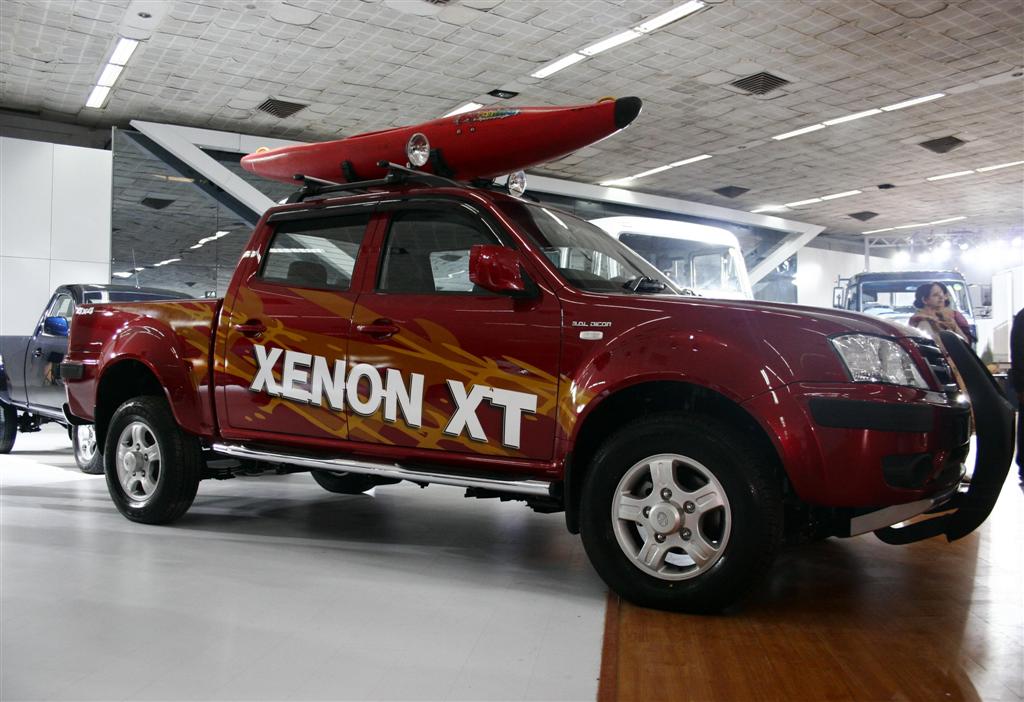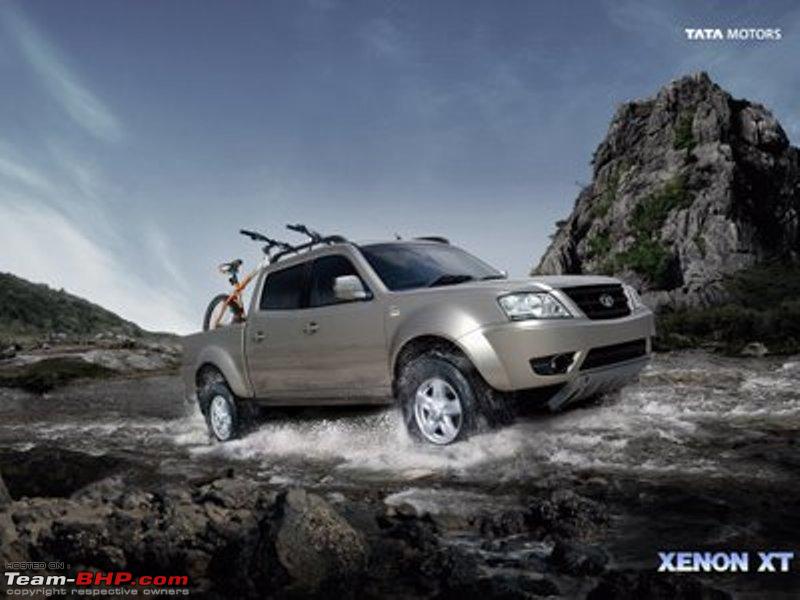Dark Angel
SENIOR MEMBER

- Joined
- Nov 12, 2009
- Messages
- 1,066
- Reaction score
- 0
The automobile industry in India is the ninth largest in the world with an annual production of over 2.3 million units in 2008. In 2009, India emerged as Asia's fourth largest exporter of automobiles, behind Japan, South Korea and Thailand
India has emerged as one of the world's largest manufacturers of small cars. According to New York Times, India's strong engineering base and expertise in the manufacturing of low-cost, fuel-efficient cars has resulted in the expansion of manufacturing facilities of several automobile companies like Hyundai Motors, Nissan, Toyota, Volkswagen and Suzuki
In 2008, Hyundai Motors alone exported 240,000 cars made in India. Nissan Motors plans to export 250,000 vehicles manufactured in its India plant by 2011.[7] Similarly, General Motors announced its plans to export about 50,000 cars manufactured in India by 2011.[8]
In September 2009, Ford Motors announced its plans to setup a plant in India with an annual capacity of 250,000 cars for US$500 million. The cars will be manufactured both for the Indian market and for export.[9] The company said that the plant was a part of its plan to make India the hub for its global production business.[10] Fiat Motors also announced that it would source more than US$1 billion worth auto components from India.[11]
According to Bloomberg L.P., in 2009 India surpassed China as Asia's fourth largest exporter of cars
Automobile industry in India - Wikipedia, the free encyclopedia

India has emerged as one of the world's largest manufacturers of small cars. According to New York Times, India's strong engineering base and expertise in the manufacturing of low-cost, fuel-efficient cars has resulted in the expansion of manufacturing facilities of several automobile companies like Hyundai Motors, Nissan, Toyota, Volkswagen and Suzuki
In 2008, Hyundai Motors alone exported 240,000 cars made in India. Nissan Motors plans to export 250,000 vehicles manufactured in its India plant by 2011.[7] Similarly, General Motors announced its plans to export about 50,000 cars manufactured in India by 2011.[8]
In September 2009, Ford Motors announced its plans to setup a plant in India with an annual capacity of 250,000 cars for US$500 million. The cars will be manufactured both for the Indian market and for export.[9] The company said that the plant was a part of its plan to make India the hub for its global production business.[10] Fiat Motors also announced that it would source more than US$1 billion worth auto components from India.[11]
According to Bloomberg L.P., in 2009 India surpassed China as Asia's fourth largest exporter of cars
Automobile industry in India - Wikipedia, the free encyclopedia









